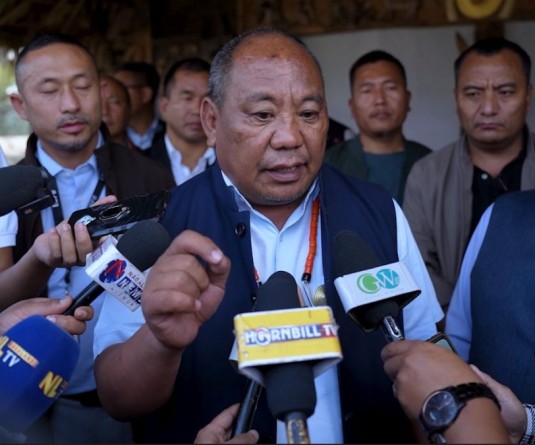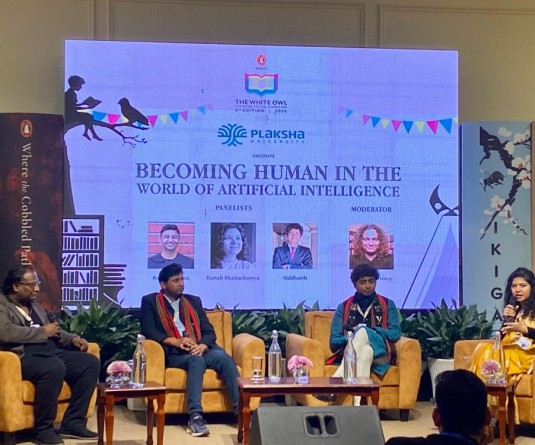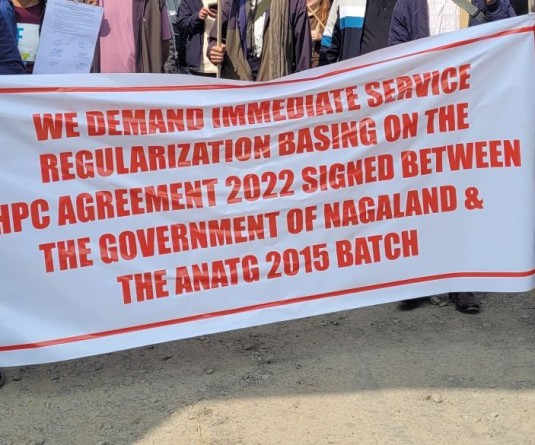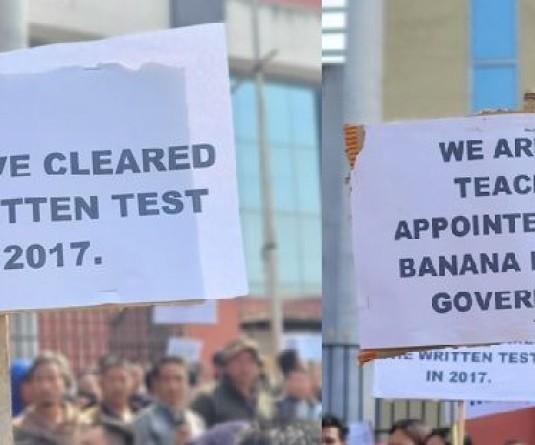
DIMAPUR, MARCH 31 (MExN): The Ao Baptist Arogo Mungdang (ABAM) has questioned the Government of Nagaland’s move to permit sale and consumption of liquor based on Section 16 of the NLTP Act to foreign delegates attending the G20 business meeting to be held in the capital, Kohima from April 4-6, 2023 “in order to enhance tourism.”
“Indeed, we are amused and attracted when such events are initiated in the name of development, trade and corporate investments with first world countries. However, we can further examine how far Nagas can balance between tourism and liquor drinking culture especially in a Christian dominated state,” a press release from the ABAM President, Rev Temshi Longkümer and Executive Secretary Rev Dr Prof Mar Pongener said.
It acknowledged that tourism is a font of revenue, service production, and regional progress as well as advantage for those interested in foreign exchange and economic development. “One can dream of milestone achievements in tourism industry in the light of entrepreneurship development particularly in Northeast solving various emerging problems in the region,” the ABAM said.
It further observed that the “innumerable policies adopted by the government towards indigenous people in North East may dream of strengthening the outlook using various attractive slogans such as Incredible India, Look/Act East and applauded as a motor for development.”
“Perhaps North Eastern region is known for its artistic natural features, appealing to tourist domestic and international. The Directorate of Tourism in their respective Governments may identify certain thrust areas based upon the opportunities available in the state for the growth of tourism,” the ABAM advised.
It asked Naga Christians to contemplate if such initiatives are “focused on the quantity of products and not on better quality of life; If it is for the privileged and not for less disadvantaged.”
“Any industry including Tourism that operates by profit mode and commercial standard needs critical assessment. Who profits for whom? Who determines the structure and policies of the whole trade? Does the issue of commercialism outweigh the ethical justice and evenhandedness particularly the tribal indigenous people who are often sidetracked and marginalized from the pool of fairness?” the ABAM posed.
It further asked if it is “not a crime and violation when there is exploitation and objection of people and resources takes place in the name of Tourism.” “In the true sense of the word commercially oriented development does not liberate the people to reach the full potential or do justice to the poor and to entire God’s creation. Can we divorce tourism from the culture of liquor and its menaces?” it questioned.
The ABAM held firm on the Nagaland Liquor Total Prohibition (NLTP) Act, and asked: “Can’t we think of doing development/tourism without abetting the culture of drinking liquor in any manner in Nagaland? Is drinking liquor the only answer to introduce Tourism in Nagaland?”






